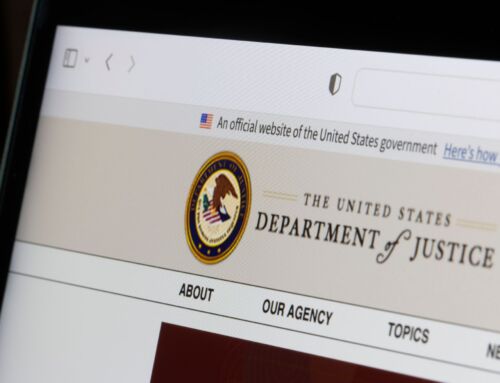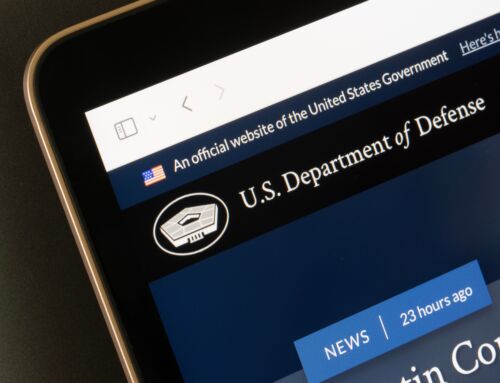
Do you work in the healthcare industry, in a laboratory, or for a telemedicine company? Are you aware of a fraud scheme being perpetuated by your employer? Perhaps they are paying kickbacks to physicians for ordering certain lab tests. You may qualify to be a whistleblower and report laboratory test fraud.
Individuals who voluntarily provide information about laboratory test fraud can receive a monetary award if the information leads to successful enforcement action. This means individuals who come forward with inside information about fraud can receive a portion of the money recovered—typically 15 to 30 percent of the judgment or settlement.
Recently, several whistleblowers came forward with information about lab test fraud occurring in several South Carolina pain management clinics, drug testing labs, and a substance abuse counseling center. The court found that the businesses “provided illegal financial incentives to providers to induce their referrals of urine drug tests in violation of the Stark Law and the Anti-Kickback Statute” and entered a nearly $140 million judgment.
Types of Lab Test Fraud
The most commonly reported lab test fraud cases involve medically unnecessary tests and kickbacks. Medicare and Medicaid are government funded healthcare programs that cover the cost of diagnostic laboratory tests for Medicare and Medicaid recipients, but only if the tests are medically necessary. A test is medically necessary when it is ordered by a physician for the treatment of a specific illness or injury and the test results are used to help treat the patient. There must be supporting documentation to prove the test was medically necessary. Sometimes, healthcare providers will order urine drug tests or genetic tests that are not medically necessary. The providers then fraudulently bill Medicare or Medicaid for the costs of these tests and receive reimbursement.
In the fraud cases involving kickbacks, laboratories often will offer something of value to a doctor in exchange for ordering tests or sending the tests to be processed at that laboratory. Kickbacks can include money, medical supplies, services, or any other items of value. The Anti-Kickback Statute (AKS) prohibits this type of illegal exchange. Also, the Stark Law generally prohibits doctors from referring tests to laboratories they own. This means if the doctor ordering the tests owns a lab that conducts the tests, the doctor may be committing fraud.
How Whistleblowers Can Help Detect Lab Test Fraud
Whistleblowers are essential in identifying and reporting lab test fraud. Whistleblowers in these cases are typically current or former lab employees, healthcare providers, telemedicine employees, or telemarketers with inside information about fraud being committed.
Healthcare providers might notice that their employer or colleagues are ordering medically unnecessary tests. They might also have been offered a kickback from a laboratory, or know someone who was offered a kickback. Laboratory employees might have information about kickback payments to physicians. Telemedicine company employees may have knowledge of their employer ordering genetic tests that aren’t medically necessary.
Whistleblowers with this type of information may be entitled to an award of 15%-30% of any amount recovered in a successful enforcement action. If you have evidence that a person or company is committing lab test fraud, an experienced whistleblower attorney can help you file an effective complaint and maximize your share of any recovery.
Contact Us
With more than 30 years of experience, the attorneys on Baron & Budd’s whistleblower representation team have represented dozens of clients in government fraud cases returning over $5.4 billion to federal and state agencies, with whistleblower recovery shares as high as 49%. They are ready to help if you have evidence of lab test fraud.
Please call (866) 845-2164 or complete our contact form if you would like more information. For more information, see What You Need to Know About Becoming a Whistleblower. Please understand that contacting us does not mean that you have established an attorney-client relationship with Baron & Budd, P.C.
Get Answers Now
Get a free case evaluation to help determine your legal rights.




